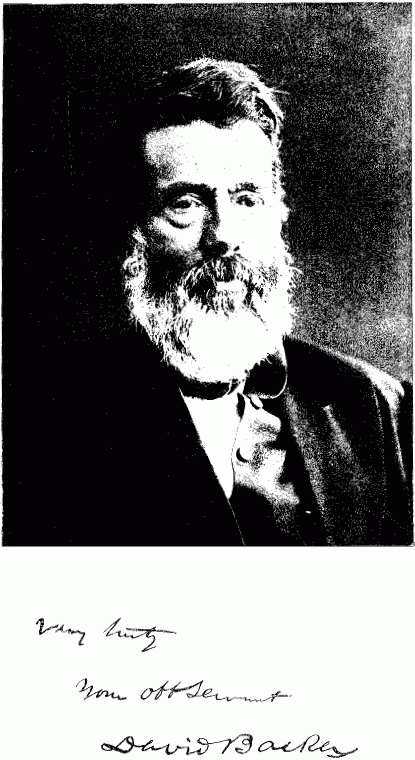
I confess it: I sometimes vanity google. My name is sufficiently common that enhancing my google rankings has become an exercise in frustration. However, it passes beyond frustration when I discover that I’m outranked by a dead poet no one has ever heard of. Ah me! If you can’t fight it, then embrace it with open arms … and then stab it in the gut when no one is looking.
David Barker was a native of Exeter, Maine, born in 1816. A rough contemporary of Walt Whitman, Mr. Barker shared his peer’s love of a full beard which seems to be an important prerequisite to writing poetry, as is obvious from the work of Gwendolen MacEwen.
David Barker was a Freemason and much of his poetry uses imagery drawn from the Masonic tradition. I’m an ignoramus when it comes to Freemasonry, so, for all I know, Mr. Barker may still be hugely famous in Masonic circles. Or is it squares?
Here’s one of his poems with an obvious masonic connection:
Try The Square
Is a Brother off the track?
Try the Square;
Try it well on every side.
Nothing draws a craftsman back
Like the Square when well applied.
Try the Square.
Is he crooked, is he frail?
Try the Square;
Try it early, try it late;
When all other efforts fail,
Try the Square to make him straight —
Try the Square.
This could have something to do with brick-laying, but then again, it could just as easily be one of those gay-cure poems. How about some treacly goo which appeared in the New York Evening Post in the 1850’s:
My Child’s Origin
One night, as old Saint Peter slept,
He left the door of Heaven ajar,
When through, a little angel crept,
And came down with a falling star.
One summer, as the blessed beams
Of morn approached, my blushing bride
Awakened from some pleasing dreams,
And found that angel by her side.
God grant but this—I ask no more—
That when he leaves this world of sin,
He’ll wing his way for that blest shore,
And find the door of Heaven again.
Finding this other poet David Barker feels a bit like finding an evil doppelganger—not evil in the moral sense (I’m sure he was a fine man), but evil in the poetic sense. Somehow, I have to kill his spirit if I’m going to keep my own poetic impulses from being infected. I’ll stage the poetic equivalent of a Hitchcock shower scene.
Suppose, 150 years after I die, somebody stumbles over my poems using a technology I couldn’t even dream of and starts slagging me for being a sentimental fart. Maybe I should show more respect. Then again, what will I care? I’ll be dead.
